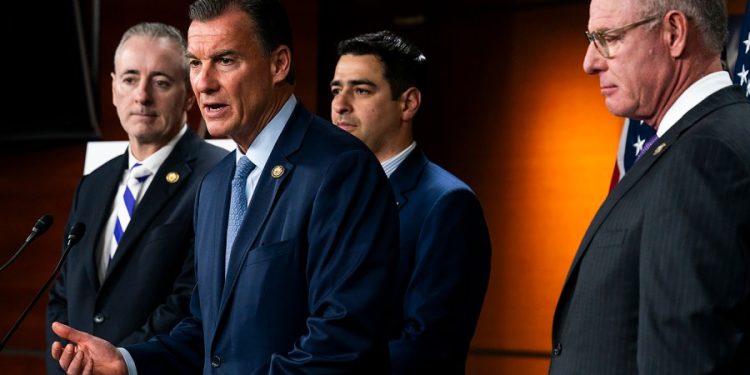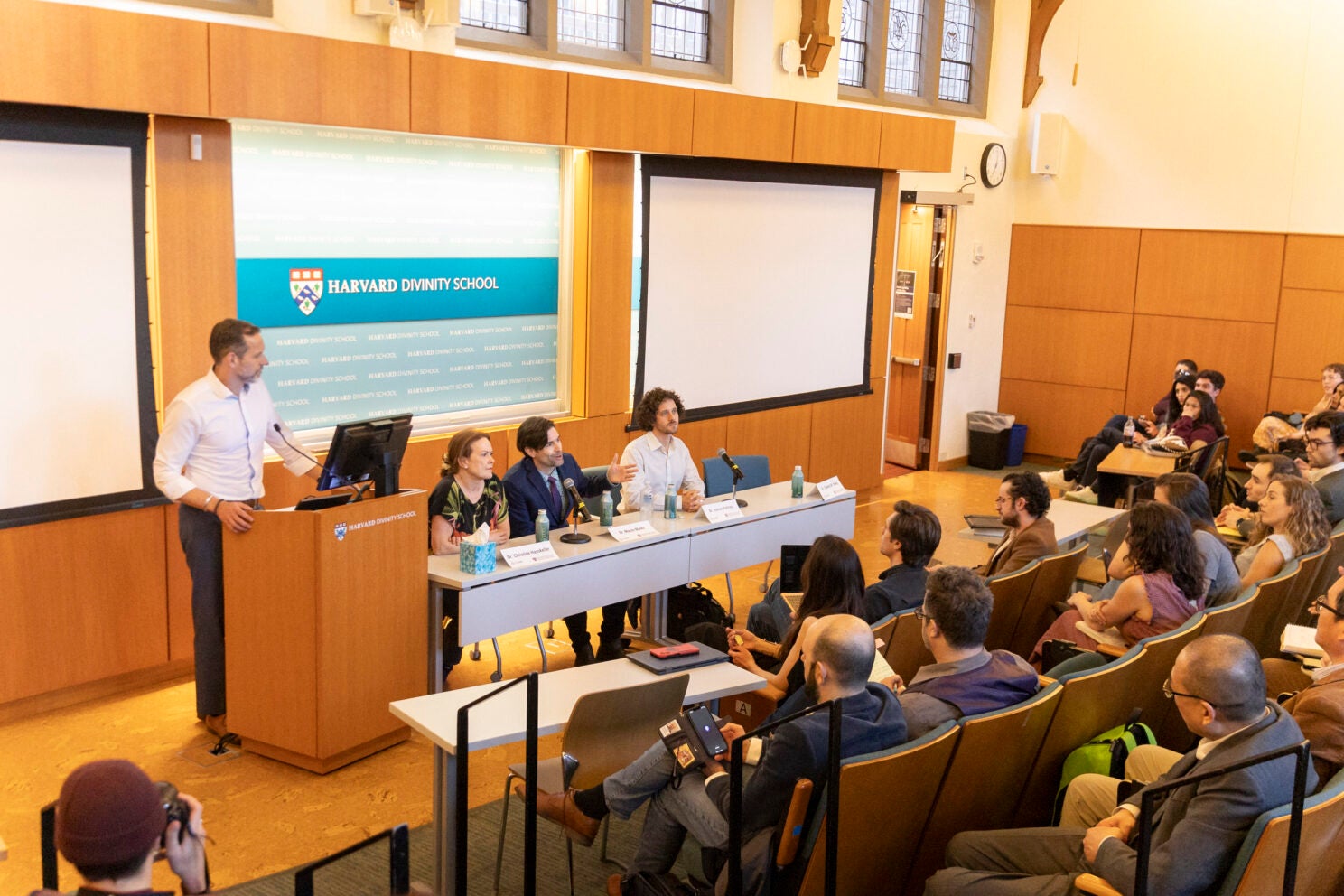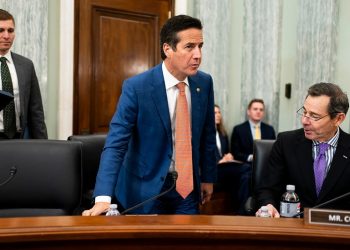A quartet of bipartisan House lawmakers on Monday proposed a framework to temporarily extend ObamaCare’s enhanced tax credits that includes a sunset period and an income cap for high earners.
The “statement of principles” from centrist Reps. Don Bacon (R-Neb.), Tom Suozzi (D-N.Y.), Jeff Hurd (R-Colo.) and Josh Gottheimer (D-N.J.) represents the only public proposal from either side to address the subsidies since the government shut down more than a month ago.
Democrats insist any deal to end the shutdown must include an extension of the enhanced subsidies, which expire at the end of the year. They accuse Republicans of having no interest in an extension and not caring about the cost to consumers.
Republicans say any health negotiations will happen after the government is open, though many admit they don’t want an extension because they say the tax credits mask the underlying failure of ObamaCare.
Moderate Republicans have been growing impatient with Speaker Mike Johnson (R-La.) for keeping the House out of session since September and refusing to entertain the prospect of a subsidy extension until Democrats vote for the House-passed continuing resolution to fund the government.
Some vulnerable Republicans and moderate Democrats released legislation for a one-year extension of the tax credits in September. The latest plan could be a sign that lawmakers are starting to look for an off-ramp out of the stalemate, though there’s no indication that leadership on either side backs the framework.
“Congress is gridlocked, and too many Americans have lost faith that we can work together. But here’s the truth: Democrats and Republicans can sit down, listen to one another, and find common ground, especially when it comes to lowering health care costs,” Bacon, Suozzi, Hurd and Gottheimer said in a statement.
“Compromise isn’t rocket science, and it shouldn’t be treated like a weakness. … Our hope is that this shared statement of principles will inspire bipartisan collaboration across Washington and help get Congress back to work for the American people,” they said.
The lawmakers’ plan would extend the subsidies for the next two years only, with an income cap on eligibility for people earning between $200,000 and $400,000. There is currently no income limit, though the subsidies ensured that no one paid more than 8.5 percent of their annual income.
To appease conservatives who say the subsidies fuel fraud, the lawmakers proposed a series of “guardrails,” including requiring Affordable Care Act (ACA) marketplaces to confirm that recipients haven’t died, and for both parties to identify ways to crack down on unscrupulous agents and brokers who engage in fraud when enrolling people in ACA health plans.
The plan also calls for marketplaces to better notify recipients of the value of the enhanced tax credits they are receiving from the federal government.
But many conservatives want to use the expiration of the enhanced subsidies as an opportunity to tackle broader health care reforms and potentially undo more of the Affordable Care Act. It’s unlikely they would back a plan that extends the tax credits without deeper concessions.
Most people enrolled in Affordable Care Act plans are eligible for financial assistance, so they are not paying full price, a fact cited by Republicans opposed to an extension. Even if the extra subsidies expire at the end of the year, a majority of enrollees will still be eligible for assistance to lower their monthly premium costs.
But those hit hardest will be the higher-income people, especially small business owners who relied on the enhanced tax credits.















